Breaking Down Employment Barriers For Parents
A recent research report has highlighted the barriers to re-entering the workforce after raising children. These barriers included time limitations around holidays and school hours, lack of experience or out-dated experience, low confidence, constrained job opportunities and insufficient employer flexibility. Geographical distance was also a large consideration, with most families wanting at least one parent within a short distance of their children’s child-care or school, in case of emergency.
Parents who were able to return to work, whether full-time or temporarily, generally experienced positive outcomes. They felt that work provided them with a sense of purpose and achievement, as well as independence, self-esteem and the opportunity for social connection. They felt that being part of the workforce set a positive example for their children, in addition to financial benefits, with a number of parents concerned about their lack of superannuation.
The most difficult aspect of work/life balance for families to juggle is the desire to “be there for the kids” and to not miss out on important moments or milestones. Flexibility was mentioned numerous times: The flexibility to work hours that fit with school and child-care, the flexibility to work part-time or casually, the flexibility to work around school holidays.
Cire Training are pleased to be offering three qualifications in fields that address the concerns of our local parents who wish to re-enter the workforce. Our Certificates in Early Childhood Education & Care, Individual Support (Aged Care/Disability) and Education Support (Teacher’s Aide) will give you the skills you need to find work in these rewarding growth industries.
We identified these industries as avenues to employment for families in the region as they’re already experiencing high demand, which is projected to increase over coming years. They offer a range of options from casual/relief work to full-time hours and allow you to design a work schedule that works for your lifestyle, allowing you to spend more time with your family.
These industries each allow you to play a vital role in the story of our community and its residents. You will finish each day with the knowledge that you work in a job that enriches the lives of others, as well as your own.
Our unique blend of theoretical learning with guaranteed practical placements mean you’ll finish your studies work-ready, with 85% of our students obtaining paid work post-graduation. Our one-on-one student support and qualified trainers will enable you to learn at your own pace, at one of our three locations, conveniently situated across the Yarra Ranges.
With no waiting lists and enrolments now open for 2020, don’t hesitate to take the first steps towards a new career. Cire Training will be hosting three free information sessions where we will describe the qualifications we have available, discuss possible career pathways and answer any questions you may have.
Don’t miss out! Visit our online Career Planning hub to reserve your free space now or contact a member of our friendly training team on 1300 835 235.


